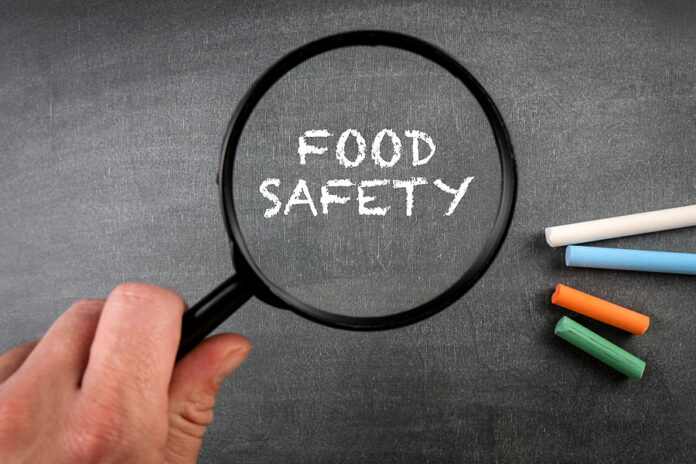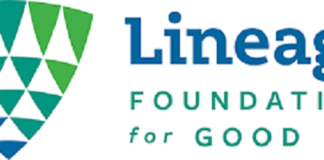
In a world where the food supply chain spans continents and consumer expectations are higher than ever, ensuring food safety is a complex and critical challenge.
Today marks World Food Safety Day, and this year’s focus is “prepare for the unexpected,” stressing the importance of being ready to manage food safety incidents big and small. So we’re taking a minute to look into the most pressing issues facing the food industry today, from the transformative potential of emerging technologies to the enduring importance of human factors like training and culture.
These articles highlight how food companies can leverage technology and innovation to build more resilient and transparent systems, ensuring that the food we eat is not only delicious, but safe.
Preventing and responding to recalls
How Food Businesses Can Become Recall-Ready
Food recalls are on the rise, and the consequences for unprepared businesses can be devastating. This article outlines the critical steps food companies must take to become “recall-ready,” ensuring they can respond swiftly and effectively to protect consumers and their brand reputation. Learn how to develop robust recall plans, stay abreast of evolving regulations, and conduct realistic mock recall drills to identify and address potential vulnerabilities.
Food Recalls Are at a Multi-Year High — The Right Tech Can Help
Food recalls have reached a multi-year high, posing a serious threat to consumer safety and brand reputation. Learn how technology can be a game-changer in managing recalls effectively, from AI-powered traceability systems that pinpoint contamination sources to innovative communication platforms that quickly alert consumers. The right tech can help mitigate the impact of recalls, ensuring swift action and protecting your business.
Prioritizing Consumer Safety: The Importance of Stricter Packaging and Labeling Controls
In an era of heightened consumer awareness and stringent regulatory requirements, this article emphasizes the critical role of stricter packaging and labeling controls in ensuring consumer safety. It delves into the potential risks associated with inadequate controls, such as mislabeling, contamination, and product tampering. By highlighting the importance of accurate ingredient lists, clear allergen warnings, and tamper-evident packaging, robust controls not only protect consumers but also safeguard brand reputation and foster trust.
Prioritizing a Food Safety Culture
Building a strong food safety culture is essential for protecting consumers and ensuring the success of any food business. Learn about the importance of prioritizing food safety at every level of an organization, from leadership to frontline employees, as well as practical strategies for fostering a culture where food safety is ingrained in daily operations, including effective communication, comprehensive training programs, and a commitment to continuous improvement.
Optimizing operations with technology
Food and Beverage Plant Optimization: Inspect for Compressed Air Leaks to Promote Improved Food Safety and Operational Efficiency
Undetected compressed air leaks could be jeopardizing your food safety and costing you thousands. This article reveals how these seemingly minor leaks can harbor contaminants, compromise product quality, and even lead to costly facility shutdowns. Discover how implementing cutting-edge acoustic imaging technology can not only boost your bottom line but also ensure your products meet the highest safety standards.
A Heat-Seeking Solution to Looming Food Traceability Laws
With new food traceability laws on the horizon, this innovative “heat-seeking” solution leverages technology to streamline traceability efforts and ensure compliance. Learn how emerging thermal imaging technology can enhance transparency, improve supply chain visibility, and mitigate the risks of foodborne illness outbreaks.
Keeping up with regulations
Top 5 Regulatory Developments in the Food Industry in 2024
Staying ahead of the ever-evolving regulatory landscape is crucial for success in the food industry. From stricter traceability requirements and allergen labeling regulations to the growing patchwork of state-level bans on certain chemicals, this comprehensive overview provides valuable insights into the legal challenges and compliance issues food companies must be aware of this year.
Q&A: Preparing for the PFAS Regulatory and Litigation Landscape
PFAS, also known as “forever chemicals,” are a growing concern in the food industry, with potential regulatory changes and litigation looming on the horizon. This Q&A provides essential insights for food companies on navigating this complex landscape. Experts delve into the potential impact of PFAS regulations, the importance of proactive risk assessment and mitigation strategies, and how to prepare for potential litigation.
Business Benefits of Aligning FSMA and GFSI Compliance Processes
In a constantly evolving regulatory landscape, staying compliant with both FSMA (Food Safety Modernization Act) and GFSI (Global Food Safety Initiative) standards can be a daunting task for food businesses. But aligning these two compliance processes can actually streamline operations and offer significant advantages. By mapping GFSI certification elements to FSMA requirements, companies can enhance risk management, improve audit efficiency, and even gain a competitive edge.
California Food Safety Act Widens the Gap Between State and Federal Food Regulations
California’s new Food Safety Act has been causing a stir in the industry, as it significantly diverges from existing federal regulations. This article delves into the key provisions of the act, highlighting how it sets a stricter standard for food safety than current FDA guidelines. Learn about the potential impact on manufacturers, the debate surrounding the law’s economic implications, and the growing trend of states taking the lead in food safety legislation.








